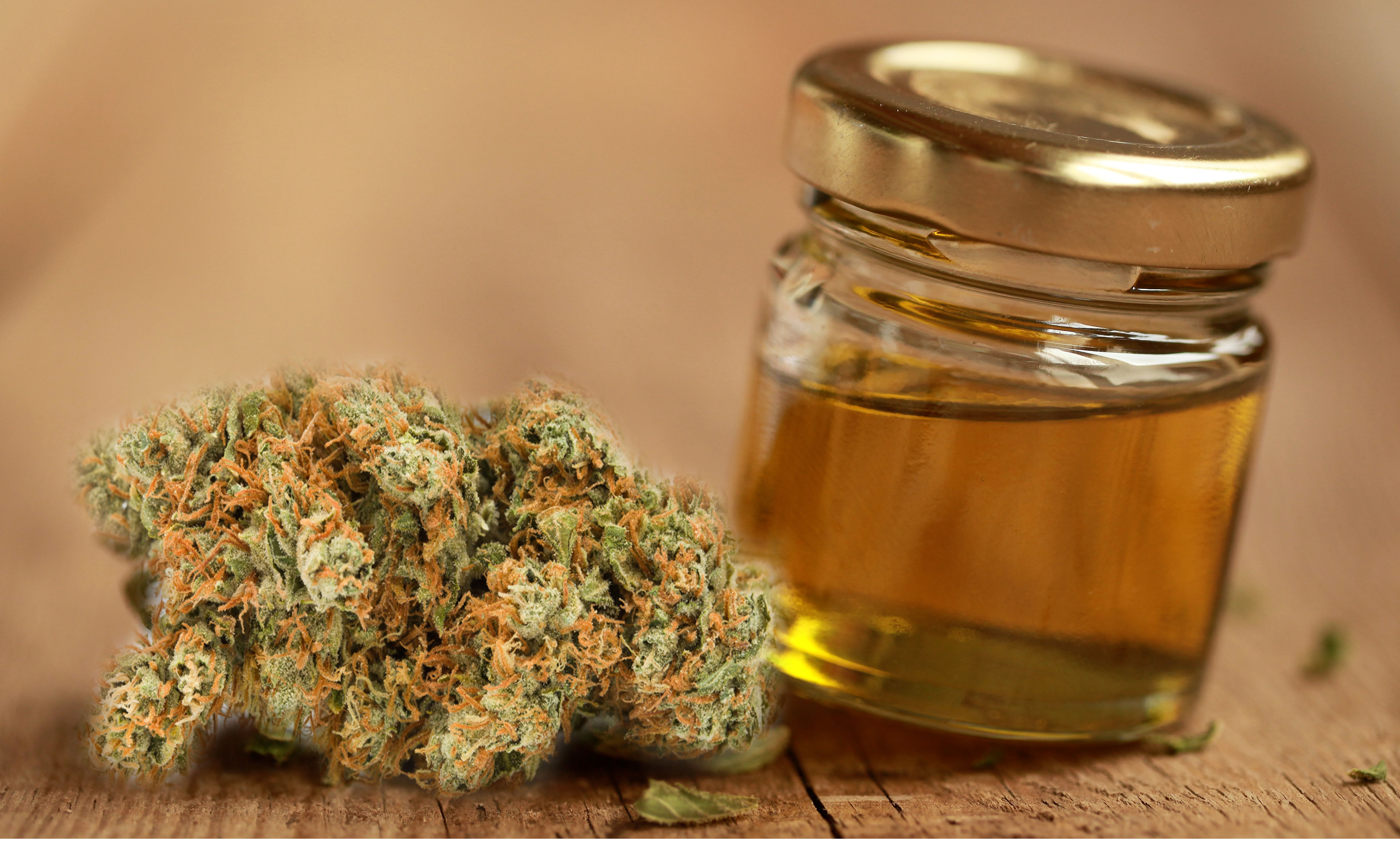"It didn't cure me, but it offered me the chance to get the rest I needed to recover, and I had the ability to function at a much higher level than with the pain relievers, that made me wake up foggy every day," he said. "With marijuana, I can consume it during the night and wake up with a clear head."Marijuana is an especially efficient treatment for individuals who need aid with discomfort management, along with those with sleep conditions or stress and anxiety; however, "there are hundreds of conditions that it deals with," Rinella stated.

Medical decisions need to not be made based on marketing. Seek advice from a physician on the benefits and dangers of particular medical marijuana products.
The results of an online study, making up 95 individuals, featured in the Journal of Alternative and Complementary Medication in 2014. The scientists discovered that individuals chosen indica stress for pain management, sedation, and sleep while they would select sativa pressures to enhance energy and state of mind. Regarding pain management, individuals reported a statistically considerable effect when using indica for: It is, however, crucial to keep in mind that this research study had numerous limitations.
Respondents did not use the marijuana in a regulated setting, possibly leading to differences in drug composition, dosage, and strength. Another study examined making use of naturally grown sativa and indica stress in the treatment of a number of medical conditions. Simply over half of the participants were using cannabis to treat HIV.
The results suggested that indica legal alternative to marijuana stress are most likely to improve energy and hunger, while both sativa and indica strains can alleviate queasiness to a comparable degree. Marijuana includes compounds that might relieve pain, queasiness, and other signs. The parts of cannabis that a lot of studies concentrate on for discomfort relief are cannabidiol (CBD) and tetrahydrocannabinol (THC).
CBDTHC resembles the cannabinoid chemicals that occur naturally in the body. When individuals consume or inhale THC, it the brain's cannabinoid receptors. This triggers the brain's benefit system and lowers pain levels. THC is a psychedelic compound as it binds to cannabinoid receptors and produces a raised state of mind, known as a high.